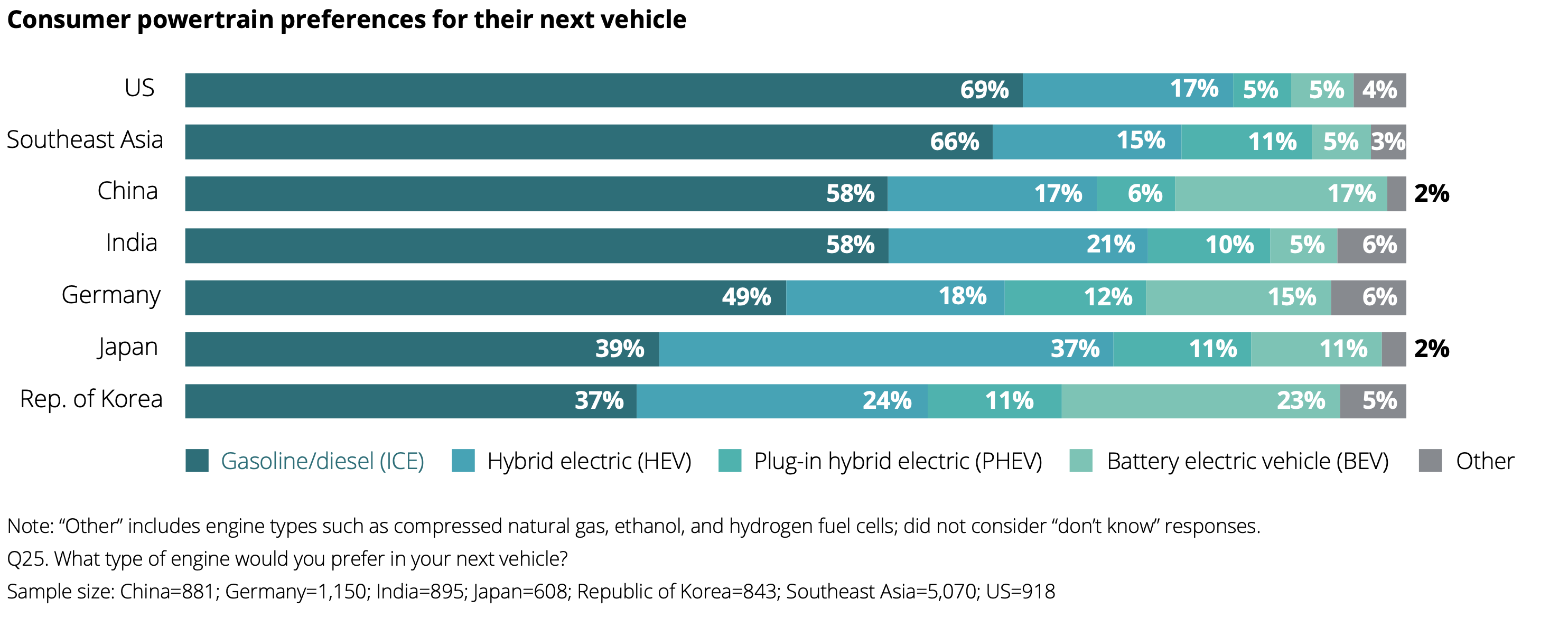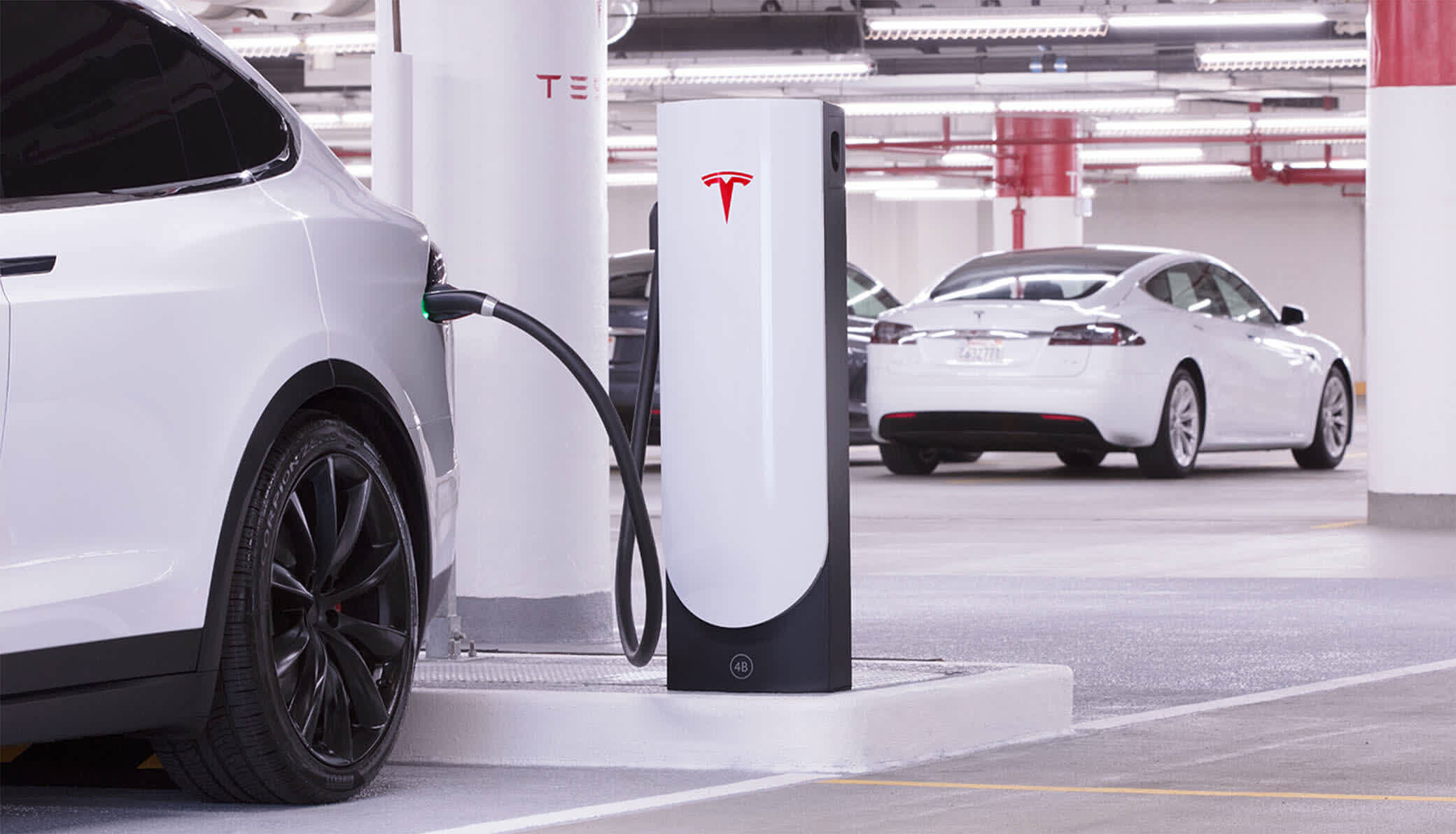Why it matters: The most optimistic forecasts from the auto industry suggest EVs will reach price parity with cars powered by internal combustion engines sometime in the next three years. However, surging prices for raw materials are dampening those expectations, especially in the context of the ongoing Russia-Ukraine conflict.
The electrification of the auto industry may be facing more challenges than expected in the near future. Automakers have already had to deal with a shortage of chips as well as increased prices for various materials, and now the dream of more affordable electric cars is starting to fade even more.
According to an analysis done by Benchmark Mineral Intelligence on the state of the supply chain, prices for materials like nickel, lithium, and other essential materials for making electric vehicles have surged in recent years and is already having an impact on the adoption rate. This means that it will take longer than expected for companies to achieve cost parity between electric vehicles and the internal combustion engine offerings that currently dominate the overall market.

While lithium-ion battery cost has fallen dramatically over the last three decades, this year could see a reversal of that trend. Russia's invasion of Ukraine has only worsened the rising material costs of making electronics and batteries, as many in the industry fear a disruption in the supply of materials like platinum, palladium, nickel, copper, and aluminum coming from the two countries. Chinese suppliers are looking at this as a major opportunity as prices in the region have remained relatively stable, but the local auto industry may soon grapple with the same price inflation for EVs.
The average selling price for EVs in the US was around $63,000, or 35 percent higher than the overall industry average. Last year, Tesla increased the pricing of its base model cars even as it recorded a healthy profit. The much-needed network of EV charging stations may have been expanding in various regions, but several studies performed by market research firms seem to indicate consumers aren't willing to pay more upfront for an EV despite lower maintenance and operating costs.
